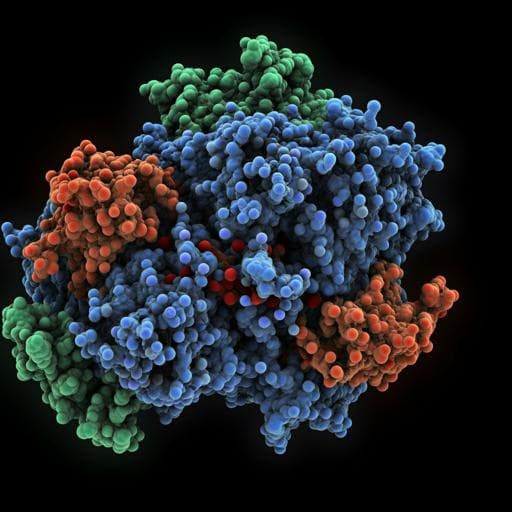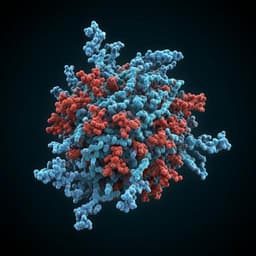
Medicine and Health
A small molecule compound with an indole moiety inhibits the main protease of SARS-CoV-2 and blocks virus replication
S. Hattori, N. Higashi-kuwata, et al.
Explore groundbreaking research by Authors like Shin-ichiro Hattori and Hironori Hayashi, identifying two promising small-molecule compounds, GRL-1720 and 5h, that effectively inhibit SARS-CoV-2 main protease. With potent efficacy and no cytotoxicity, these findings pave the way for novel therapeutic developments against COVID-19.
Related Publications
Explore these studies to deepen your understanding of the subject.







